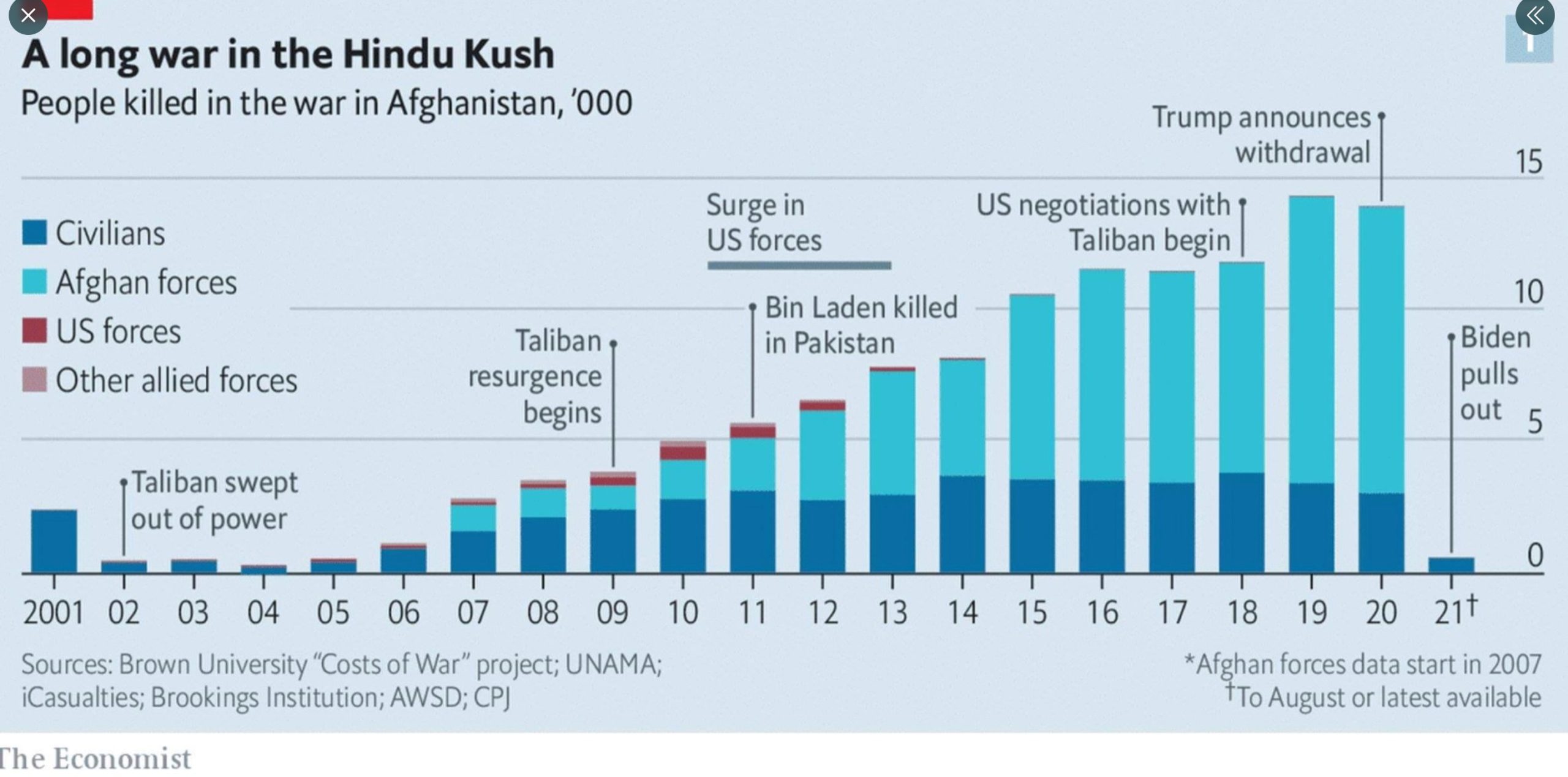So tonight I log on for the first time in god knows how long and I see an draft of a post I started to write in 2020. I haven’t touched it since – still just a brain dump and excerpts of pieces other people wrote – but interesting that I still see things pretty much the same way as I did then. Anyhow, here’s the unedited draft –
A few questions to frame the discussion of student debt forgiveness:
- Why privilege forgiveness of student debt over forgiveness of other types of debt, e.g., medical debt?
- What’s the root cause of the student debt crisis? What, if anything, will debt forgiveness do to address the root cause?
- What broader social goods will be achieved by forgiving student debt?
I remain lukewarm about straight-up debt forgiveness because I don’t have satisfying answers to those questions and I haven’t heard any from anyone else. Continue reading

